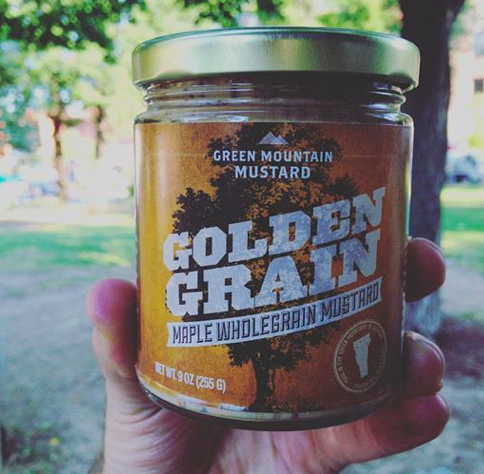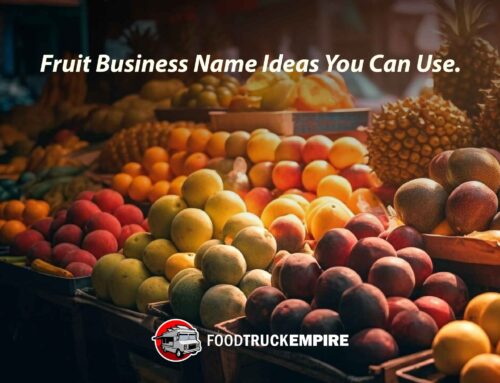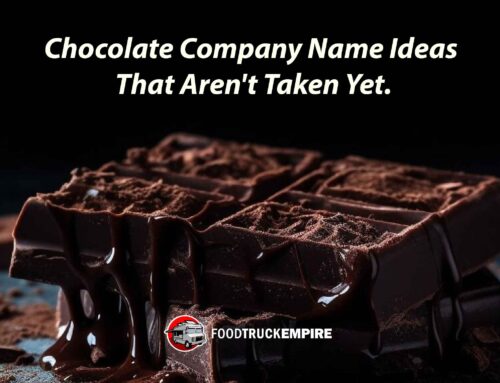What if there’s a problem with my food manufacturer? Pro Tip: Eventually there will be.
It’s never smooth sailing when you produce a food product. And problems happen with your co-packer, too. Below are the most common problems I’ve encountered and how to solve them. By the way, if you’re planning to scale the production of your own recipe, read The Ultimate Guide to Profitable Co-Packing.
This is an in-depth guide that outlines everything I’ve learned about the food manufacturing process after starting three food businesses.
Now let’s talk about the problems you may encounter with a co-packer and how to handle them.
5 possible problems you may run into with your co-packer:
1. Your recipe isn’t followed correctly

What to do if your recipe is not followed.
Yep this does happen from time to time. Mistakes happen. We’re all human, right? But, this could cost your business thousands. As you read above, your copacker may missweigh an ingredient and not know it until it’s too late. Fortunately for me, it only resulted in a few pennies of increased cost per unit (and a better product). But, if your recipe isn’t followed correctly, let your copacker know what you’d like done differently. You’ve done this before. They should be happy to take your suggestions.
2. You run out of ingredients
Either you overbuy or you don’t have enough. It’s not good either way. Too much of ingredient means your cash is tied up. Not enough? Well, you may not be able to produce to demand. And that ultimately creates frustrated distributors, retailers, and customers. If you’ve got the flexibility, run out to grab ingredients at the grocery store.
Related Reading: How I Started a Legit Catering Business Out of My House
Yes, it increases the cost of your product, but it also saves the day. (and a potentially wasted production). Alternatively, you could simply scale back your production to align with the ingredients you have on hand.

Even the best manufacturers can sometimes run out of ingredients.
3. You have to throw out an entire batch of product
It happens. And it’s happened to my company. Unfortunately, I found out after the product was produced. I had 40 cases of bad product. But, it wasn’t bad in terms of recalled ingredients. It simply wasn’t the right consistency.
I don’t think the mustard was heated high enough. I was out around $700. I gave the mustard away for free to family and friends. They apparently had no problem with it. But, if you have to toss product because of the lack of an ingredient, you may be able to sell it to a factory seconds store close to you so you can absorb someof the cost.
4. My co-packer has no kitchen time available
Sometimes you get a large purchase order and there’s no available kitchen time to meet the purchase order deadline. I’ve been stuck in that situation many times and it’s not fun. Here’s what you can do:
- See if your manufacturer can switch days with someone else. That’s the easiest
- Fill the rest of the PO by producing in your home (if you can).
- Learn from the increased demand and schedule productions ahead of time.
Of course, this also may be a sign you need to look for a new co-packer or kitchen space. Your co-packer may not be able to meet your increased demand. If you want to grow beyond your manufacturer’s ability, start putting plans in place to move kitchens, or heck, even start your own commercial kitchen.
Download Now: Our Food Business Startup Kit includes business canvas templates, spreadsheets, exclusive interviews and more!
Oops! I need new equipment and my co-packer doesn’t want to pay. Well, the first question is how much is it? Could you finance the purchase yourself? If you can’t, look at using Kickstarter to get your loyal fans to help you out, apply for a bank loan, or throw your purchase on a credit card (not recommended, but it’s an option).
After the cost, ask yourself another question: do you need the equipment? Will it help you produce faster or increase the quality of your product?
If you answered yes to either or both of those questions, then purchase the equipment if you can. If not, wait until you can comfortably finance it with profits from the business.
Problems happen. Just like your relationship with your significant other, you work things out. This means honest and open communication is important. Let your copacker know you’ve encountered a problem and it needs to be addressed. If they’re resistant to your change in process or disagreements escalate, it may be worth looking for another copacker.
How to establish a better relationship with your food manufacturer

Food Manufacturers are people too!
Co-packers are married to your product. They make it for you. They heat up the kettle, preheat the oven, and package it. And some of them even do all of the ordering of your ingredients. That’s an incredible amount of control for your company.Putting that much trust into a team can be a frightening experience. And a relationship you don’t want to jeopardize.
That’s why I wanted to share some tips to make sure you keep your copacker happy:
1. Refer new business
I know you’ve got at least one goal for your company. I bet it’s making money. Am I right? Probably. And the same goes with your copacker. They’re a business, too. So, whenever you’re at a farmer’s market or chatting up a demo guy at your neighborhood grocery store, keep your co-packer in mind. They’ll love you when you refer business their way. Plus, you may even get a discount out of it. Cha ching!
2. Stay organized
We’ve all got a million things going on with our food businesses – ordering ingredients, production, shipping online orders, filling purchase orders, trying to land distributors. It’s a lot.
Related Reading: Ready For a Co-Packer? Five Ways I know You’re Ready or Not.
And you’ve got to stay organized with everything – especially your copacker. Make sure you communicate when everything will arrive, the amount you’d like to produce, and other important details. That way there’s no surprises on production day.
3. Produce with them

My top selling whole grain mustard.
I make sure to hop in on a production at least every quarter. I do this to make sure things are going smoothly and product is being manufactured to my standards. You might catch things you don’t want to see, but at least you’ll be able to nip them in the bud for the next production.
4. Let them know about upcoming products
I always give my copacker advanced noticed about what we’re planning to do next. She typically has a few ideas and gets excited when we launch a new product. For example, when we introduced a holiday mustard in the winter of 2013, I sent over a recipe, but we talked about how the process could be improved. She executed the different process and we ended up with a much better product (and nothing stuck in the filler!).
5. Think about how to make their life easier.
Can you let them know when deliveries are coming. Can you do some of the prep work yourself to save money and prep hours? When you realize all your co-packer does for you, you’ll want to return the favor. Be accommodating, send them a holiday card, or make your process easier? They’ll appreciate it!
Why work on your relationship? Aren’t co-packers just supposed to make your product? Yes, that’s their main priority, however, you want to be on their good side. As Rocky DeCarlo from Rocky’s Hot Sauce says:
“Pay the co packer 50% up front with your order and pay the balance when the product is finished or you pick up your product. Don’t be late paying them.
Everybody [in any business] likes to get paid ASAP especially when they are laying out there cash for your product. That also gives you some leverage when you need a favor, quick delivery, partial run etc. Nobody likes being a bank for someone else.”
You’re a food entrepreneur. They’re a co-packer. You help each other be successful. Tread lightly when it comes to your relationship with your manufacturer. Remember, they make your product. Keep them happy so that they’re more likely to bend over backwards for your company when you need it most.
With the relationship sorted out, let’s move on and I’ll answer some of the most frequently asked questions about the food manufacturing process.




